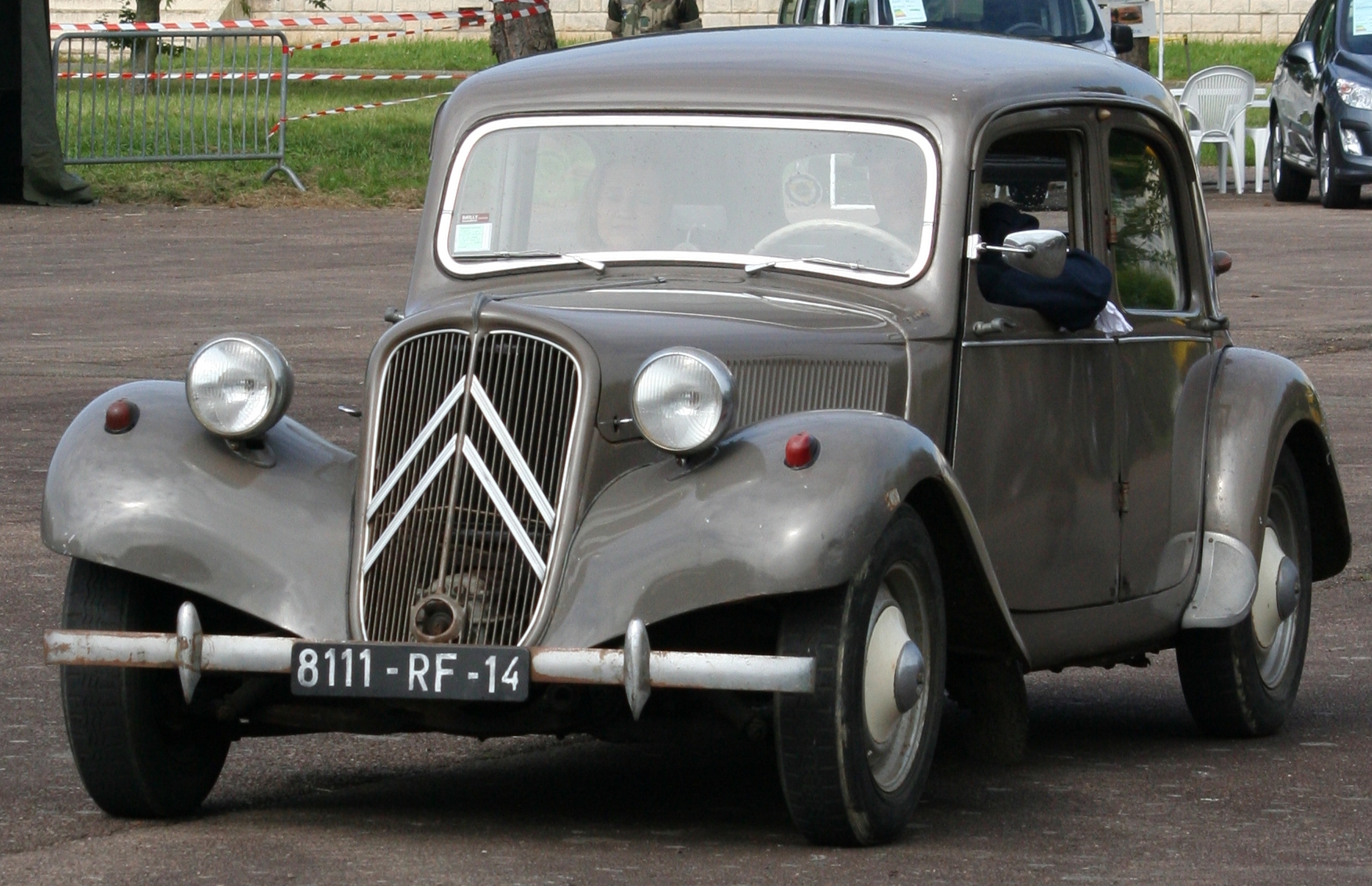|
Andrzej Gwiazda
Andrzej Gwiazda (born 14 April 1935 in Pińczów) is an engineer and prominent opposition leader, who participated in Polish March 1968 Events and December 1970 Events; one of the founders of Free Trade Unions, Member of the Presiding Committee of the Strike at Lenin Shipyard in Gdańsk in August 1980, Vice President of the Founding Committee of Solidarity, then Vice President of Solidarity in 1980 and 1981; in December 1981 interned and next imprisoned with six other Solidarność leaders (see Martial Law in Poland). His wife, Joanna Duda-Gwiazda (they married in 1961) also was a prominent member of the anticommunist opposition in the 1970s and 1980s. Life and activism Gwiazda's father was a sailor of the Riverine Flotilla of the Polish Navy, stationed in Pińsk (now Belarus), where the family moved in 1939, a few months before the outbreak of World War II. His father Stanisław fought in the Polish September Campaign, as a soldier of Independent Operational Group Polesie. A ... [...More Info...] [...Related Items...] OR: [Wikipedia] [Google] [Baidu] |
Soviet Invasion Of Poland
The Soviet invasion of Poland was a military operation by the Soviet Union without a formal declaration of war. On 17 September 1939, the Soviet Union invaded Poland from the east, 16 days after Nazi Germany invaded Poland from the west. Subsequent military operations lasted for the following 20 days and ended on 6 October 1939 with the two-way division and annexation of the entire territory of the Second Polish Republic by Nazi Germany and the Soviet Union. This division is sometimes called the Fourth Partition of Poland. The Soviet (as well as German) invasion of Poland was indirectly indicated in the "secret protocol" of the Molotov–Ribbentrop Pact signed on 23 August 1939, which divided Poland into " spheres of influence" of the two powers. German and Soviet cooperation in the invasion of Poland has been described as co-belligerence. The Red Army, which vastly outnumbered the Polish defenders, achieved its targets, encountering only limited resistance. Some 320,000 Pole ... [...More Info...] [...Related Items...] OR: [Wikipedia] [Google] [Baidu] |
21 Demands Of MKS
The 21 demands of MKS ( pl, 21 postulatów MKS) was a list of demands issued on 17 August 1980 by the Interfactory Strike Committee (''Międzyzakładowy Komitet Strajkowy, MKS'') in Poland. The first demand was the right to create independent trade unions. Other demands called the government to respect the constitutional rights and freedoms, dismantling the privileges for Polish United Workers' Party members, and taking actions to improve the economic conditions of Polish citizens. The demands eventually led to the Gdańsk Agreement and creation of Solidarity ''Solidarity'' is an awareness of shared interests, objectives, standards, and sympathies creating a psychological sense of unity of groups or classes. It is based on class collaboration.''Merriam Webster'', http://www.merriam-webster.com/dictio .... The charter was written up on two wooden boards and hung on the gates of the shipyard on 18 August 1980. To mark the first anniversary of the August unrest, the demands w ... [...More Info...] [...Related Items...] OR: [Wikipedia] [Google] [Baidu] |
Inter-Enterprise Strike Committee
Inter-Enterprise Strike Committee (or ''Inter-Factory Strike Committee'', pl, Międzyzakładowy Komitet Strajkowy, MKS) was an action strike committee formed in Gdańsk Shipyard, People's Republic of Poland on 16 August 1980. It was led by Lech Wałęsa and others and is famous for issuing the 21 demands of MKS on 17 August, that eventually led to the Gdańsk Agreement and creation of Solidarity. Background The widespread strikes of 1980 were far from being the first clashes between the ruling party and the working class in Poland after World War II. Despite having a "socialist" government, the elite of the Polish ruling class averaged an income twenty times that of the blue-collar worker. This elite ruling class owned or largely controlled the police, media and industry of the state, including the state-organized unions. Insufficient pay and food shortages, in addition to a growing movement in favor of independent union activism led to strikes in 1956 and 1970 which left hundre ... [...More Info...] [...Related Items...] OR: [Wikipedia] [Google] [Baidu] |
Służba Bezpieczeństwa
The Ministry of Public Security ( pl, Ministerstwo Bezpieczeństwa Publicznego), commonly known as UB or later SB, was the secret police, intelligence and counter-espionage agency operating in the Polish People's Republic. From 1945 to 1954 it was known as the Department of Security (, UB), and from 1956 to 1990 as the Security Service (, SB). The initial UB was headed by Public Security General Stanisław Radkiewicz and supervised by Jakub Berman of the Polish Politburo. The main goal of the Department of Security was the swift eradication of anti-communist structures and socio-political base of the Polish Underground State, as well as the persecution of former underground soldiers of the Home Army () and later anti-communist organizations like Freedom and Independence (WiN). The Ministry of Public Security was established on 1 January 1945 and ceased operations on 7 December 1954. It was the chief secret service in communist Poland during the period of Stalinism. Throughou ... [...More Info...] [...Related Items...] OR: [Wikipedia] [Google] [Baidu] |
Surveillance
Surveillance is the monitoring of behavior, many activities, or information for the purpose of information gathering, influencing, managing or directing. This can include observation from a distance by means of electronic equipment, such as closed-circuit television (CCTV), or interception of electronically transmitted information like Internet traffic. It can also include simple technical methods, such as Human intelligence (intelligence gathering), human intelligence gathering and postal interception. Surveillance is used by citizens for protecting their neighborhoods. And by governments for intelligence gathering - including espionage, prevention of crime, the protection of a process, person, group or object, or the investigation of crime. It is also used by criminal organizations to plan and commit crimes, and by businesses to Industrial espionage, gather intelligence on criminals, their competitors, suppliers or customers. Religious organisations charged with detecting he ... [...More Info...] [...Related Items...] OR: [Wikipedia] [Google] [Baidu] |
People's Republic Of Poland
The Polish People's Republic ( pl, Polska Rzeczpospolita Ludowa, PRL) was a country in Central Europe that existed from 1947 to 1989 as the predecessor of the modern Republic of Poland. With a population of approximately 37.9 million near the end of its existence, it was the second-most populous communist and Eastern Bloc country in Europe. It was also one of the main signatories of the Warsaw Pact alliance. The largest city and official capital since 1947 was Warsaw, followed by the industrial city of Łódź and cultural city of Kraków. The country was bordered by the Baltic Sea to the north, the Soviet Union to the east, Czechoslovakia to the south, and East Germany to the west. The Polish People's Republic was a socialist one-party state, with a unitary Marxist–Leninist government headed by the Polish United Workers' Party (PZPR). The country's official name was the "Republic of Poland" (') between 1947 and 1952 in accordance with the transitional Small Consti ... [...More Info...] [...Related Items...] OR: [Wikipedia] [Google] [Baidu] |
Workers' Defence Committee
The Workers' Defense Committee ( pl, Komitet Obrony Robotników , KOR) was a Polish civil society group that was established to give aid to prisoners and their families after the June 1976 protests and ensuing government crackdown. KOR was an example of successful social organizing based on specific issues relevant to the public's daily lives. It was a precursor and inspiration for efforts of the Solidarity trade union a few years later. It was established in September 1976 by Antoni Macierewicz and Piotr Naimski. A year later it was reorganized into the Committee for Social Self-defence KOR (''Komitet Samoobrony Społecznej KOR''). History This organization was the first major anti-communist civic group in Poland, as well as Eastern Europe. It was born of the outrage at the government's crackdown on the June 1976 protests. Its stated purpose was to create "new centers of autonomous activity." It raised money through sales of its underground publications, through fund-raising g ... [...More Info...] [...Related Items...] OR: [Wikipedia] [Google] [Baidu] |
Sejm
The Sejm (English: , Polish: ), officially known as the Sejm of the Republic of Poland ( Polish: ''Sejm Rzeczypospolitej Polskiej''), is the lower house of the bicameral parliament of Poland. The Sejm has been the highest governing body of the Third Polish Republic since the transition of government in 1989. Along with the upper house of parliament, the Senate, it forms the national legislature in Poland known as National Assembly ( pl, Zgromadzenie Narodowe). The Sejm is composed of 460 deputies (singular ''deputowany'' or ''poseł'' – "envoy") elected every four years by a universal ballot. The Sejm is presided over by a speaker called the "Marshal of the Sejm" (''Marszałek Sejmu''). In the Kingdom of Poland, the term "''Sejm''" referred to an entire two- chamber parliament, comprising the Chamber of Deputies ( pl, Izba Poselska), the Senate and the King. It was thus a three-estate parliament. The 1573 Henrician Articles strengthened the assembly's jurisdiction, m ... [...More Info...] [...Related Items...] OR: [Wikipedia] [Google] [Baidu] |
Food Prices
Food prices refer to the average price level for food across countries, regions and on a global scale. Food prices have an impact on producers and consumers of food. Price levels depend on the food production process, including food marketing and food distribution. Fluctuation in food prices is determined by a number of compounding factors. Geopolitical events, global demand, exchange rates, government policy, diseases and crop yield, energy costs, availability of natural resources for agriculture, food speculation, changes in the use of soil and weather events have a direct impact on the increase or decrease of food prices. The consequences of food price fluctuation are multiple. Increases in food prices, or agflation, endangers food security, particularly for developing countries, and can cause social unrest. Increases in food prices is related to disparities in diet quality and health, particularly among vulnerable populations, such as women and children. Food prices will ... [...More Info...] [...Related Items...] OR: [Wikipedia] [Google] [Baidu] |
Gdańsk University Of Technology
The Gdańsk University of Technology (Gdańsk Tech, former ''GUT''; pl, Politechnika Gdańska) is a technical university in the Wrzeszcz borough of Gdańsk, and one of the oldest universities in Poland. It has eight faculties and with 41 fields of study and more than 18 thousand undergraduate, as well as about 626 doctoral students. It employs 2768 people, including 1313 academic teachers. Some degree courses and various specialisations are taught in English. Moreover, some of the courses offered by Gdańsk Tech are unique in Poland, for instance ones in Construction Chemistry, Nanotechnology, Geodesy and Cartography, as well as Engineering of Natural Resources. Students have access to specialist laboratories, lecture theatres with multimedia facilities, a library with 1.2 million volumes and various sports facilities. Undergraduates can also join one or more of 60 student science or language societies as well as other organisations. Gdańsk Tech is the first and only Pol ... [...More Info...] [...Related Items...] OR: [Wikipedia] [Google] [Baidu] |
Gdańsk
Gdańsk ( , also ; ; csb, Gduńsk;Stefan Ramułt, ''Słownik języka pomorskiego, czyli kaszubskiego'', Kraków 1893, Gdańsk 2003, ISBN 83-87408-64-6. , Johann Georg Theodor Grässe, ''Orbis latinus oder Verzeichniss der lateinischen Benennungen der bekanntesten Städte etc., Meere, Seen, Berge und Flüsse in allen Theilen der Erde nebst einem deutsch-lateinischen Register derselben''. T. Ein Supplement zu jedem lateinischen und geographischen Wörterbuche. Dresden: G. Schönfeld’s Buchhandlung (C. A. Werner), 1861, p. 71, 237.); Stefan Ramułt, ''Słownik języka pomorskiego, czyli kaszubskiego'', Kraków 1893, Gdańsk 2003, ISBN 83-87408-64-6. * , )Johann Georg Theodor Grässe, ''Orbis latinus oder Verzeichniss der lateinischen Benennungen der bekanntesten Städte etc., Meere, Seen, Berge und Flüsse in allen Theilen der Erde nebst einem deutsch-lateinischen Register derselben''. T. Ein Supplement zu jedem lateinischen und geographischen Wörterbuche. Dresden: G. Schönf ... [...More Info...] [...Related Items...] OR: [Wikipedia] [Google] [Baidu] |







.jpeg/1200px-Brama_Zuraw_W_Gdansku_(153003103).jpeg)